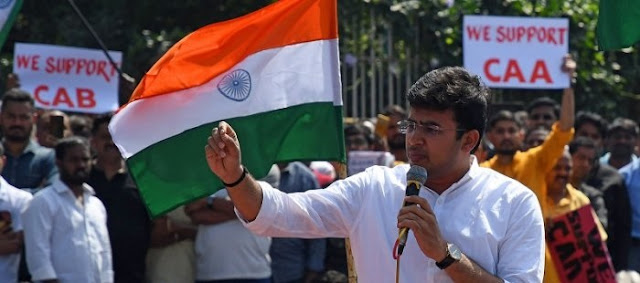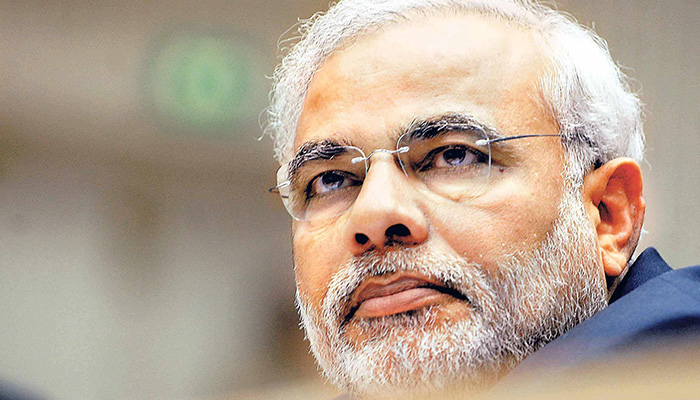What is Citizenship Amendment Bill (CAA)
 |
| Support Citizenship Amendment Bill |
Citizenship Amendment Bill
With the passage of the Citizenship Amendment Bill in the Lok Sabha, the debate has come to the fore again. On the one hand, there has been strong opposition from the opposition parties to the bill, which is being debated pro-internationally.
What is the Citizenship Amendment Bill?
Bill to grant Indian citizenship to non-Muslim immigrants in Bangladesh, Afghanistan, and Pakistan. The present bill is amended by the Citizenship Act of 1955. According to the old law, Hindus, Sikhs, Buddhists, Jains, Parsis and Christian immigrants who are a minority in Afghanistan, Bangladesh, and Pakistan are eligible for Indian citizenship only if they have lived in India for 12 or more years. But under the amended bill, all of them will be eligible for citizenship if they have lived in India for 6 years. They can apply for citizenship even if there are no relevant documents. But Muslims of other countries are not granted Indian citizenship under the Bill. This amendment bill was first tabled in Parliament in 2016.
Who deserves it?
Non-Muslim immigrants who have come to India for persecution in neighboring countries based on religion are entitled to citizenship. However, they must have arrived in India before December 31, 2014. The proposal for registration of overseas citizens is also included in the bill. Subsection (d) of Section 7 of the Bill is cited by the person holding an Overseas Citizenship Card (Overseas Citizen of India / OCI) for cancellation of his or her registration in violation of any of the provisions of the Bill or existing law.
Why this bill?
During the 2014 and 2019 Lok Sabha elections, the BJP pledged to implement the Citizenship Amendment Bill. At a recent BJP parliamentary session, Defense Minister Rajnath Singh had said that the implementation of the bill is a top priority of our government. The persecution of minorities in neighboring countries has forced them to seek asylum in India. Rajnath had said that another key step of the Modi government was to provide shelter to migrants from six minority communities.
Exceptions:
The Amendment Bill does not apply to areas covered by Article 6 of the Constitution. This means that tribal-dominated autonomous district boards do not apply to Assam, Meghalaya, Tripura, and Mizoram. Similarly, it does not apply to states with an Inner Line Permit Code (Arunachal Pradesh, Nagaland, and Mizoram) for which outsiders must obtain permission to enter a particular area of a state.
The difference between the NRC and Citizenship Amendment Bill:
The National Citizenship Registration (NRC) was implemented in Assam targeting illegal immigrants. That meant a person had to prove himself an Assam citizen. Or the ancestors had to prove that they were in Assam on or before 24th March 1971. The central government has already said it will expand the country. But in the NRC, religion is not considered a citizenship (amendment) bill.
Why Oppositions Opposing?
Oppositions allege that the Citizenship (Amendment) Bill violates the Equality Clause mentioned in Article 14 of the Constitution. Citizenship is a constitutional matter. His position is that India should not be citizenship based on religion as it is a secular country. Some political parties including Congress, TMC and CPI (M) are vehemently opposed to the bill.
Why the opposition of the Northeastern states?
Following the 1985 Assam Agreement, those who emigrated after March 24, 1971, are also considered illegal immigrants. But his argument is that if the amended bill goes into effect, the Assam Agreement will lose meaning. The governments of Meghalaya and Mizoram have also passed a resolution opposing the amendment bill.
Who deserves it?
Non-Muslim immigrants who have come to India for persecution in neighboring countries based on religion are entitled to citizenship. However, they must have arrived in India before December 31, 2014. The proposal for registration of overseas citizens is also included in the bill. Subsection (d) of Section 7 of the Bill is cited by the person holding an Overseas Citizenship Card (Overseas Citizen of India / OCI) for cancellation of his or her registration in violation of any of the provisions of the Bill or existing law.


Comments